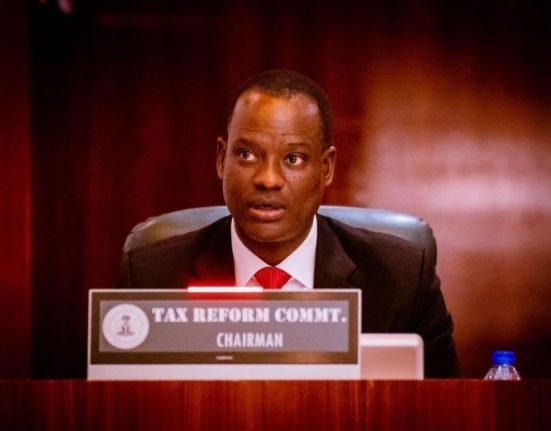The Federal Government has expressed deep concern over the increasing number of Nigerian students who, after receiving government-funded foreign scholarships, choose to remain abroad and fail to contribute to national development. According to the Minister of Education, Mr. Yusuf Tunji Alausa, an alarming 85 percent of scholarship recipients sponsored to study overseas do not return upon the completion of their academic programmes.
Speaking in Lagos on Friday during a strategic engagement with heads of tertiary institutions, bursars, and procurement officers, Mr. Alausa described the situation as unsustainable and a major drain on national resources. He noted that most of the academic programmes for which these students are sent abroad could be adequately handled within the country’s universities and polytechnics if the right infrastructure and training systems are strengthened.
“Our data clearly shows that 85 percent of Nigerian students who travel abroad on federal government scholarships choose not to come back. This trend is troubling because the whole purpose of the scholarships is to build our human capital, not other countries’ economies,” the Minister stated.
To reverse this pattern, the government has begun overhauling the funding framework of the Tertiary Education Trust Fund (TETFund) and foreign scholarship initiatives. One of the key moves includes the establishment of 28 Centres of Excellence in select public and private tertiary institutions across Nigeria. These centres aim to enhance local postgraduate education, stimulate innovation, and provide employment pathways for Nigerian graduates.
“We must begin to invest in building capacity internally. It is no longer sustainable to continue exporting our best brains without a clear strategy for national benefit. By strengthening our institutions here at home, we can retain talent and build systems that work for Nigeria,” Mr. Alausa added.
The Minister also revealed a new policy direction in the administration of TETFund resources, particularly as it relates to enrolment-based funding criteria. Institutions with student populations below 2,000 will now be ineligible for TETFund grants. He explained that the decision is based on findings that certain polytechnics, despite being established as far back as 2019, have yet to record student enrolments beyond 550. Yet, these institutions still receive nearly equal funding as larger ones accommodating more than 18,000 students.
“This is inefficient and inequitable. If a tertiary institution cannot scale up within five years of being established, then it does not justify continued public funding at the same level as its counterparts,” Alausa said.
The Minister did not spare satellite campuses either, noting that their proliferation has contributed to the misallocation of resources and declining academic standards. He argued that these offshoot campuses dilute institutional mandates and quality assurance mechanisms.
Also present at the event was the Executive Secretary of TETFund, Mr. Sonny Echono, who echoed the Minister’s sentiments and announced the agency’s transition to a performance-driven funding model. This new approach will reward transparency, proper fund utilisation, and measurable academic output.
“Institutional expansion must be rational. We can no longer afford to spread limited resources thin across campuses and programmes that do not deliver value. Any institution that fails to utilise or account for its TETFund allocation risks being removed from the beneficiary list,” Echono warned.
He further emphasized the importance of Public-Private Partnerships (PPPs) in tertiary education, particularly in infrastructure development such as hostels, innovation hubs, and service delivery facilities. According to him, this shift aligns with President Bola Ahmed Tinubu’s administration’s drive to maximise the impact of every naira invested in higher education.
Echono reassured stakeholders that these reforms are not punitive but are aimed at preserving the credibility and efficacy of education funding in Nigeria. He urged all heads of institutions to embrace governance reforms, project accountability, and transparent management practices.
“This forum is a clarion call. We must reflect, reform, and renew our collective commitment to building a resilient and responsive higher education system,” he concluded.
As the nation continues to battle capital flight and declining academic performance, the Federal Government’s new measures appear to be a bold step toward reclaiming control of its educational future and ensuring that public investments yield long-term national benefits.







